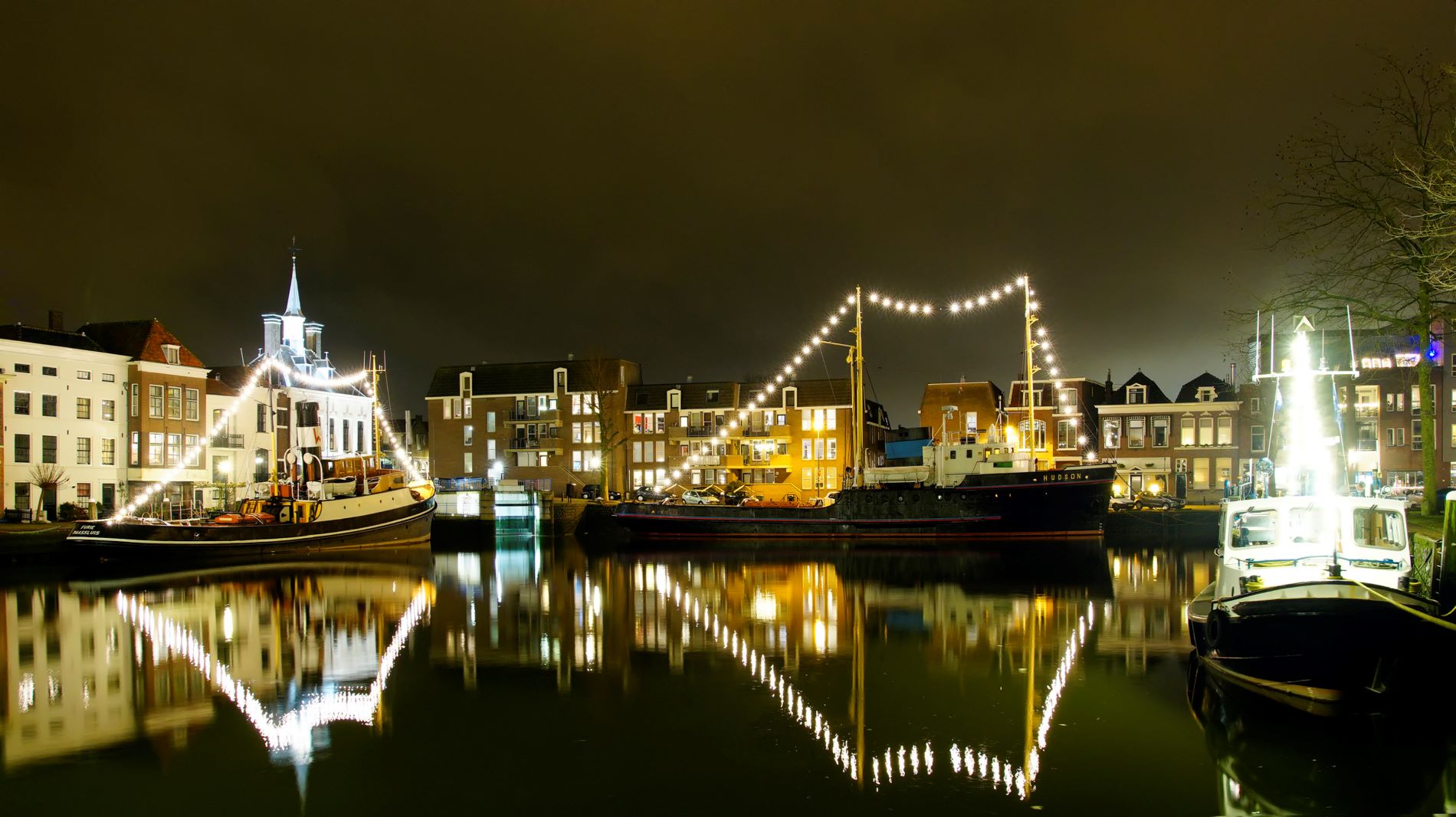

Downloads
DOI:
https://doi.org/10.58981/bluepapers.2024.2.02Published
Issue
Section
License
Copyright (c) 2024 Martine van Lier

This work is licensed under a Creative Commons Attribution 4.0 International License.
How to Cite
Keywords:
development, sustainability, lifestyle, circularity, clean transportAbstract
Maritime heritage – an ensemble of ships, ports, waterways, buildings and maritime skills – is one of the oldest and most vital forms of heritage. It has been key to the growth of port cities around the world. Maritime skills, which include the techniques and materials used to build and use watercraft, from dugout canoes to container vessels, have made it possible to transport goods, animals and people, bringing wealth to deltas and coastal areas. This article argues that maritime heritage holds cultural, historical and environmental value and can drive sustainable spatial and economic development. In the heritage sector, maritime heritage is a relative newcomer compared to built and natural monuments. However, especially in the context of climate change, it offers valuable lessons on adaptation and sustainability. Six examples from the Netherlands demonstrate how preserving maritime heritage can be compatible with climate adaptation and energy transition, including, for example, using wooden fishing vessels and tugboats in cities, towing vessels for slow tourism, and sailing vessels for combined passenger and goods transport. The article calls for additional studies of how the conservation of maritime heritage can encourage sustainable development.
References
D’Agostino, Matteo, and Carola Hein. 2024. “Design-Based Solutions for Water Challenges: The Value Case Approach.” Blue Papers 3, no 1. https://doi.org/10.58981/bluepapers.2024.1.06.
Janssen, Joks, Eric Luiten, Hans Renes and Eva Stegmeijer. 2017. “Heritage as Sector, Factor And Vector: Conceptualizing the Shifting Relationship between Heritage Management and Spatial Planning.” European Planning Studies 25, no. 9: 1654–72. https://doi.org/10.1080/09654313.2017.1329410.
Grond, Vincent, Gilbert Maas, Mene Kosian, Ellen Vreenegoor and Kees Broks. 2021. De stadsgenese: Cultuurhistorie en het natuurlijke systeem als gids voor klimaatadaptatie en stedelijke ontwikkeling [Urban genesis: Cultural history and the natural system as a guide for climate adaptation and urban development]. Stowa and Rijksdienst voor het Cultureel Erfgoed. https://grondrr.nl//downloads/De%20Stadsgenese.pdf.
Lier, Martine van, and Mieke Pennock. 2022. “Maritiem erfgoed geeft vorm aan de toekomst van Maassluis; 10-jaren ontwikkelplan Maritiem Historisch Maassluis” [Maritime heritage shapes the future of Maassluis; 10-year development plan Maritime Historical Maassluis]. DEAL!, no. 4 (June): 40–43. https://www.erfgoeddeal.nl/publicaties/magazines/tijdschrift-deal-2022/06/30/tijdschrift-deal-nummer-4.
Meurs, Paul, Vita Teunissen, Marinke Steenhuis and Martijn Oosterhuis. 2022. “Transformeren met cultureel erfgoed; Handreiking voor het opstellen van transformatiekaders” [Transforming with cultural heritage: Guidelines for drawing up transformation frameworks]. Amersfoort: Cultural Heritage Agency of the Netherlands.https://www.cultureelerfgoed.nl/publicaties/publicaties/2022/01/01/transformeren-met-cultureel-erfgoed-handreiking-transformatiekaders.
Rijksdienst voor het Cultureel Erfgoed. “Gezicht” [View]. Kennisbank Cultureel Erfgoed. Accessed October 15, 2024. https://kennis.cultureelerfgoed.nl/index.php/Gezicht/1487.
Wellenberg, Marloes, and Ad van der Zee. 2021. Atlas van de trekvaarten [Atlas of the towpaths]. Haarlem: Uitgeverij Toth. https://www.erfgoedhuis-zh.nl/nieuws/2021/verschenen-atlas-van-de-trekvaarten-in-zuid-holland/.


